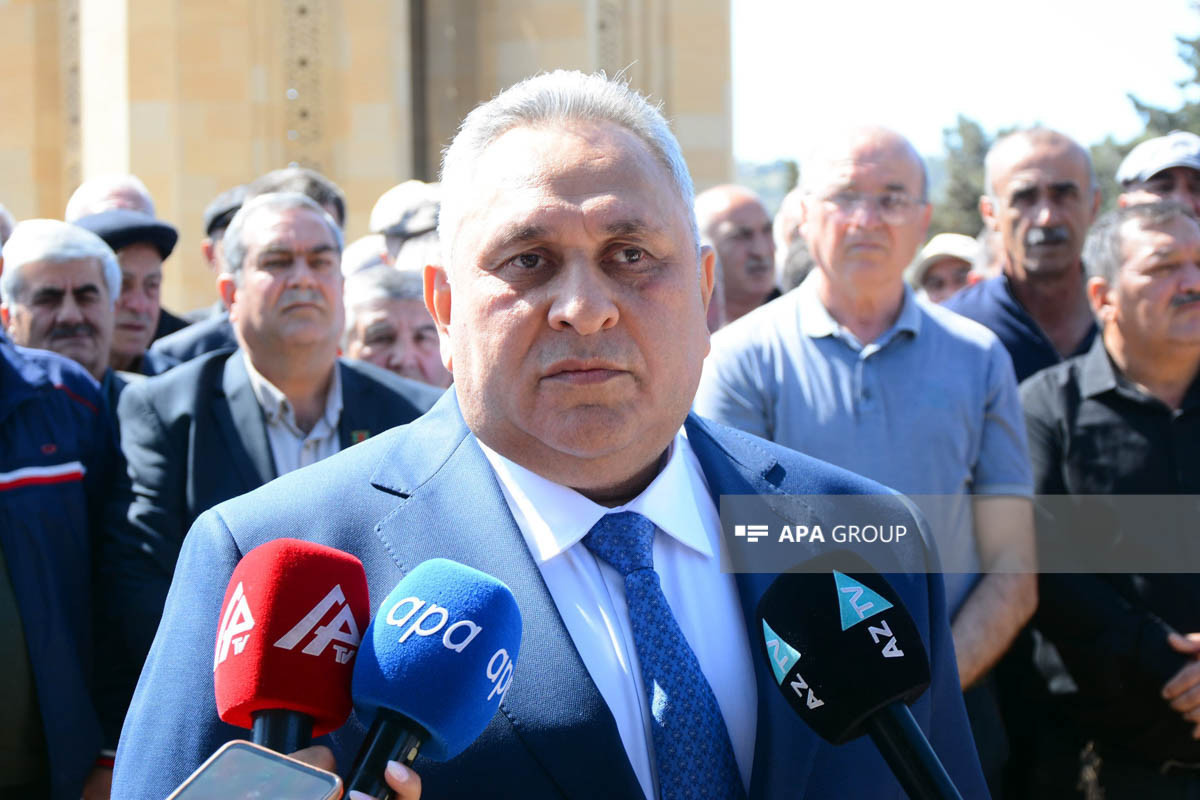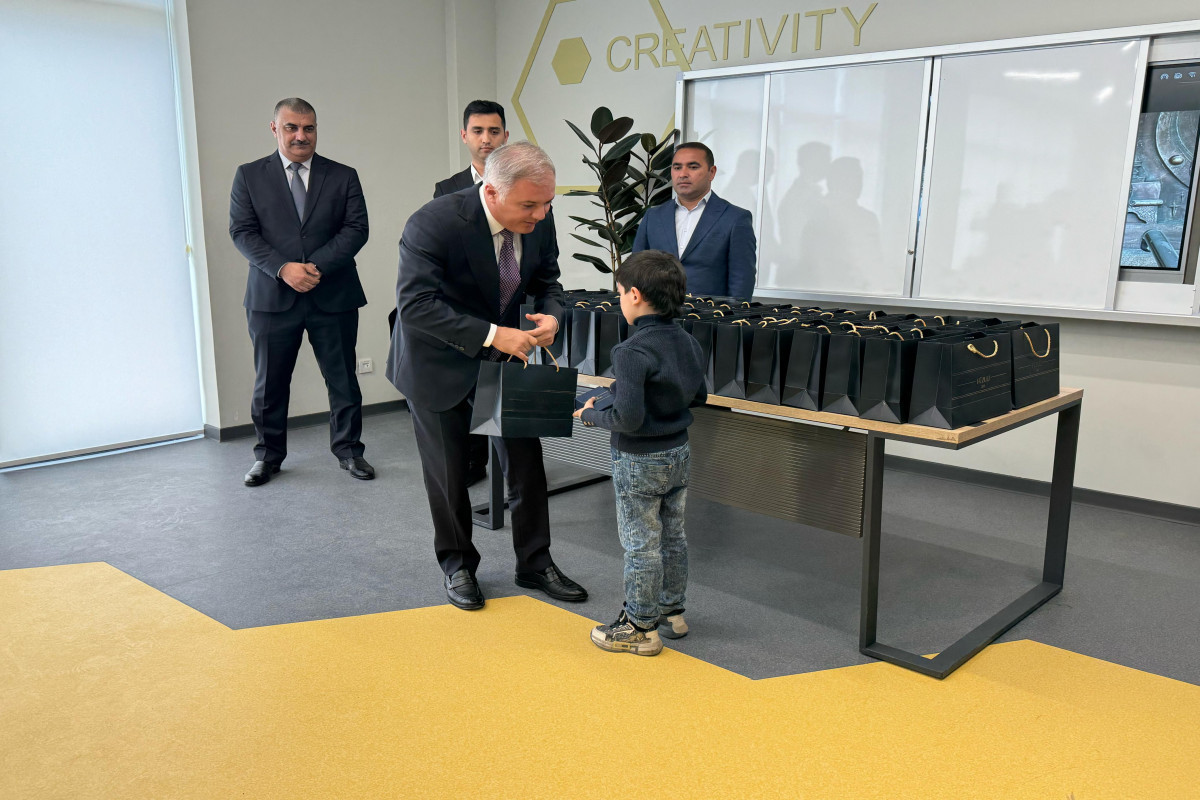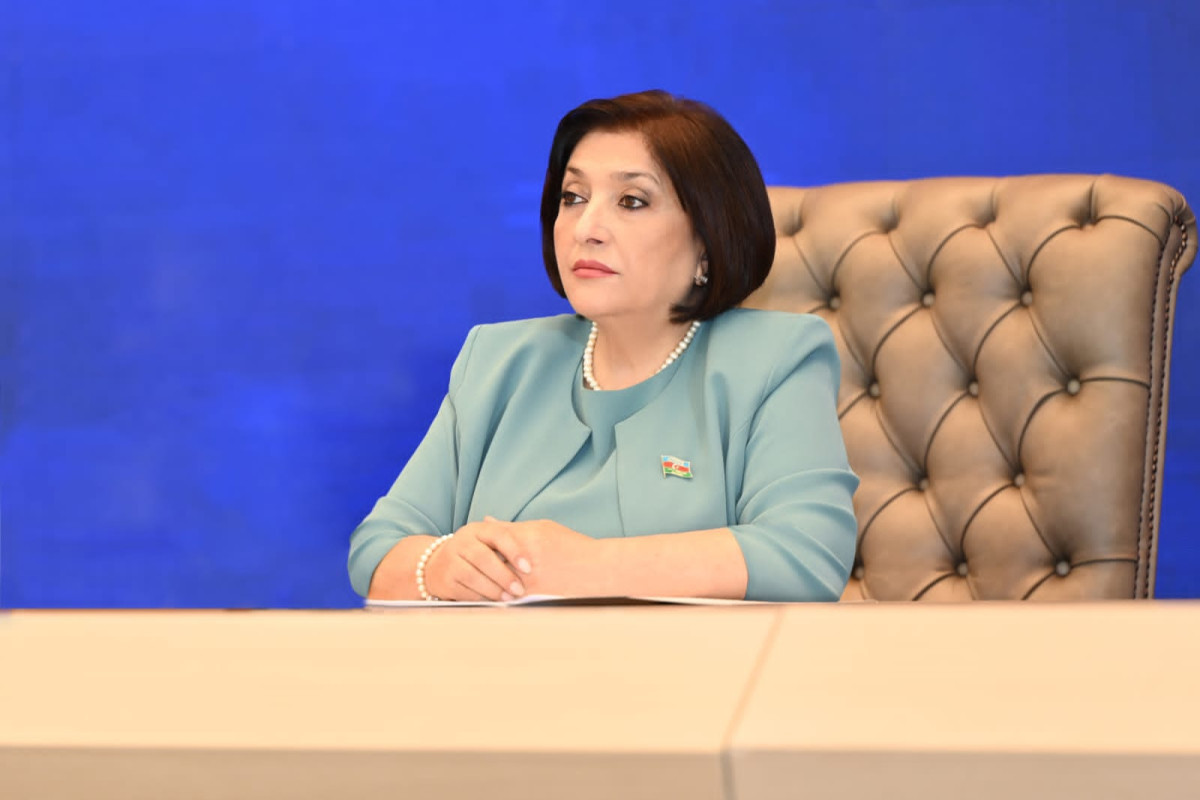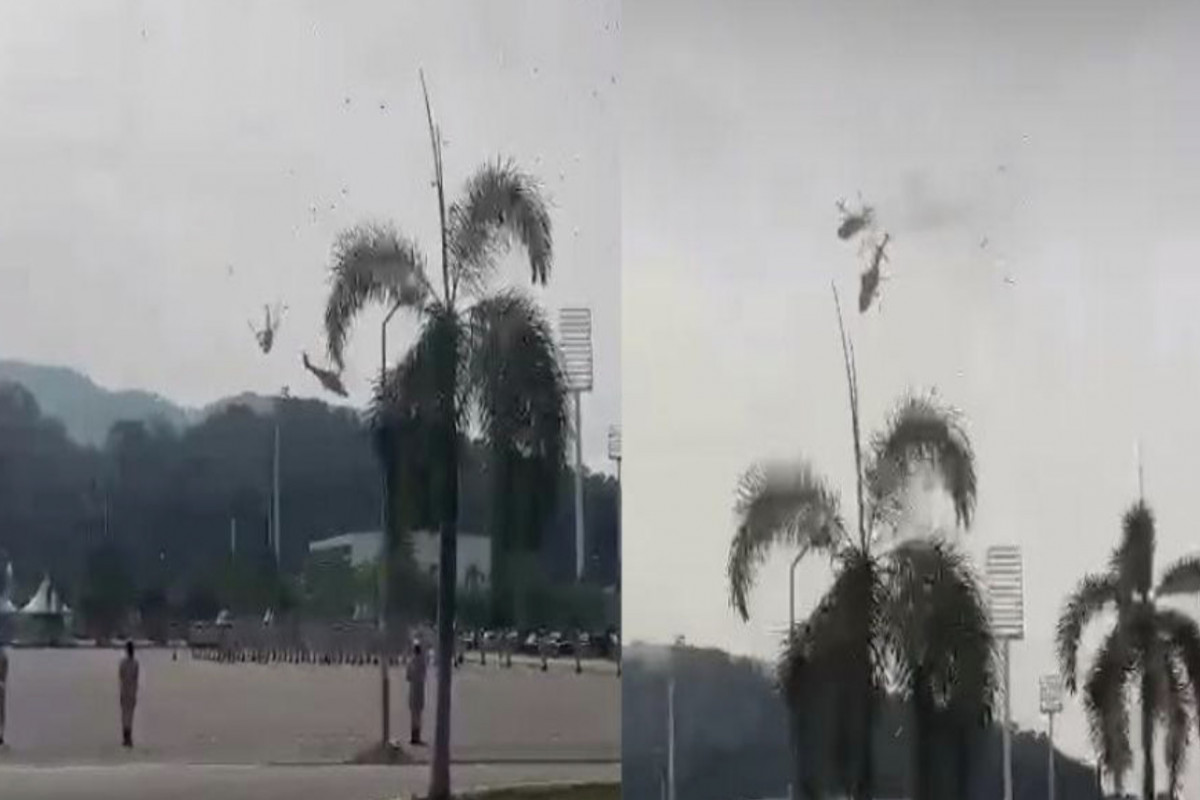The concept of organ transplantation from a deceased donor (cadaver) is still being developed, Mirjalal Kazimi, a member of the Azerbaijani Health Ministry’s Coordinating Council on Transplantation and head of the surgery and organ transplant department the Central Hospital of Oil Workers, told APA.
He said a concrete decision will be taken by the Health Ministry as to cadaveric organ transplantation.
“Special guidelines will be distributed to hospitals by the ministry, and based on those guidelines doctors can make bran death diagnosis. That’s because an accurate diagnosis of brain death is crucial when it comes to taking an organ of a dead body,” Kazimi said.
According to him, once brain death has been diagnosed three types of experts—a resuscitator, a neurosurgeon, a neurologist, and sometimes a cardiologist—hold a consultation to confirm the brain death.
“Discussions are now ongoing to determine what types of experts should be involved in diagnosing and whether they should be selected from the hospital or there should be a mobile team,” he added.
Kazimi noted that the activity of the Coordinating Council on Transplantation will give a strong impetus to this work and deceased organ donation will soon be realized.
According to the department head, brain death is a serious diagnosis which should be made in the intensive care unit of a specialized hospital for deceased organ donation.
“For example, it is not right to realize organ donation from those who died in road accidents. Some in society misunderstands that as if organs of a deceased are removed in morgues and sold. It is not true. The organs of those deceased are not suitable for transplantation,” Kazimi said.
He continued: “The diagnosis of brain death is declared in an intensive care unit. Once brain death is diagnosed, specific organ-preservation solutions are used as it unknown whether the family will give consent in 1 or 10 hours, or will not give. Upon diagnosis of brain death, there should be special organ transplant coordinators in hospitals. For example, when a person dies in a family, those coordinators should meet the deceased’s family. Coordinators should know psychological and emotional state of people. Imagine that coordinators offer the bereaved families to donate organs of the deceased. People can react to it differently, they may beat the coordinator or respond him with rudeness. Transplant surgeon shouldn’t be involved in the diagnosis of brain death. Following the consultation with the families, transplant coordinators inform transplant surgeons about the brain death of a patient, consent of the family and signed documents. Then they can take the organs, determine appropriate patient and transplant them. They should be transplanted as soon as possible. Following aesthetic closure of a wound, the body of the deceased is handed over to the family. Instructions would cover all of these. The Health Ministry will decide on the hospital which will diagnose bran death.”






